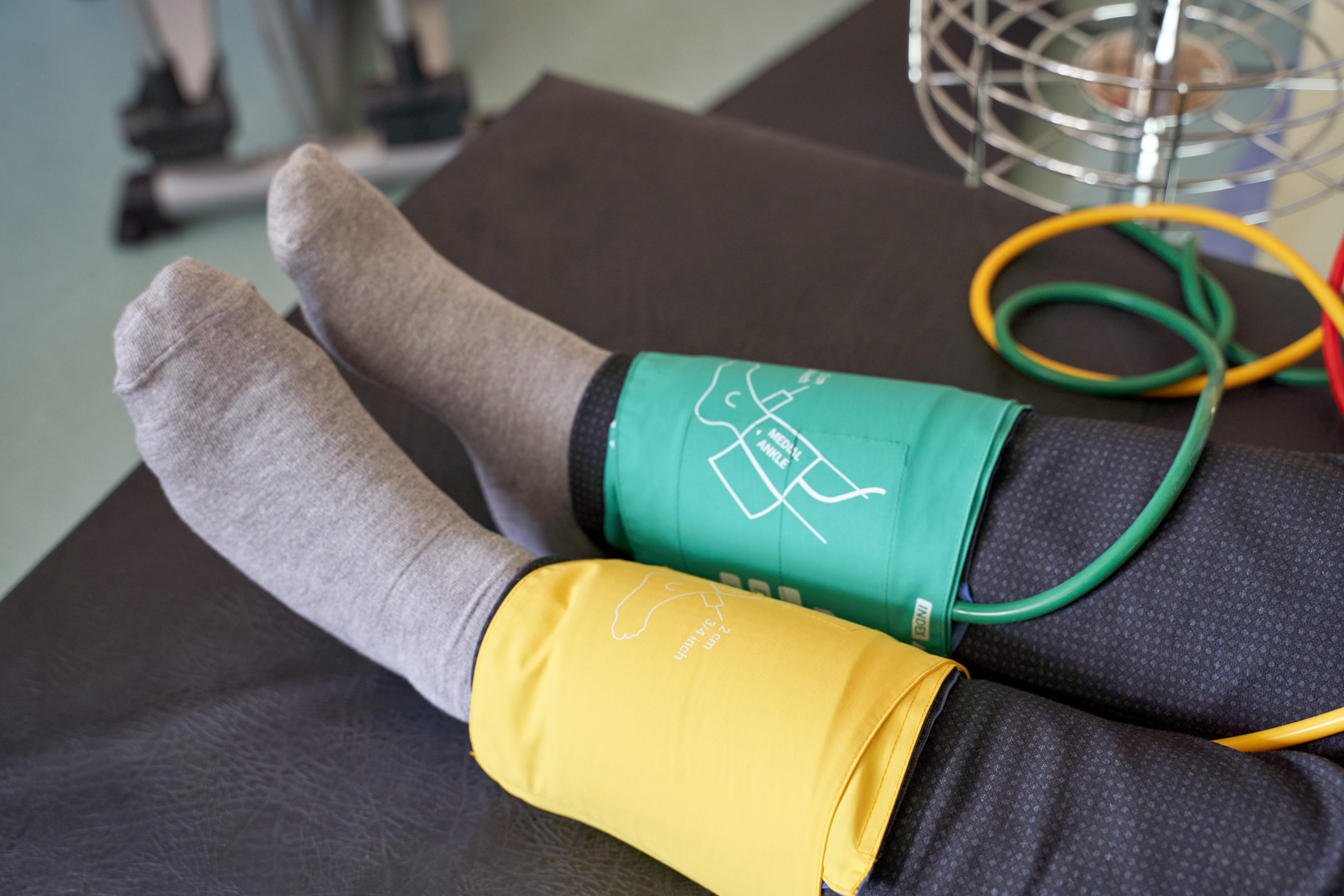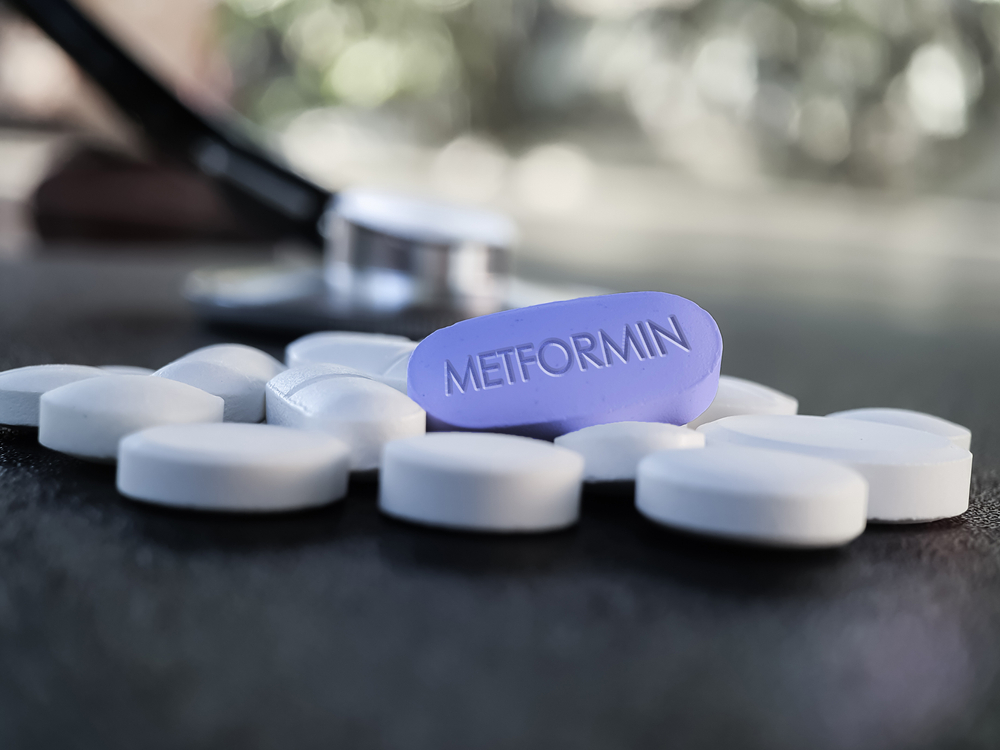
Finerenone, a nonsteroidal mineralocorticoid receptor antagonist, has been shown to reduce cardiovascular and kidney failure outcomes in patients with CKD and type 2 diabetes. Finerenone also lowers urine albumin-to-creatinine ratio (UACR). According to researchers, led by Raijv Argarwall, MD, MS, there are few data available on whether finerenone-induced change in UACR mediates cardiovascular and kidney failure outcomes.
The researchers conducted a post hoc analysis of pooled data from two phase 3, double-blind trials of finerenone to quantify the proportion of kidney and cardiovascular risk reductions over a 4-year period mediated by a change in kidney injury, as measured by the change in log UACR between baseline and month 4. The trials were conducted at clinical sites in 48 countries and included 12,512 patients with CKD and type 2 diabetes. The trials compared treatment effects with finerenone versus placebo.
The current analyses were conducted separately for the composite kidney outcome (kidney failure, sustained ≥57% decrease in estimated glomerular filtration rate [eGFR] from baseline, or kidney disease death) and the cardiovascular outcome (cardiovascular death, nonfatal myocardial infarction, nonfatal stroke, or hospitalization for heart failure).
Median UACR at baseline was 514 mg/g. In the finerenone group, 53.2% of participants (n=3338) had a reduction in UACR of ≥30% compared with 27.0% (n=1684) of the placebo group. When analyzed as a continuous variable, reduction in UACR mediated 84% of the treatment effect on the kidney outcome and 37% on the cardiovascular outcome. When change in UACR was analyzed as a binary variable (whether the guideline-recommended 30% reduction threshold was met), the proportion mediated for the kidney outcome was 64% and 26% for the cardiovascular outcome.
In summary, the authors said, “In patients with CKD and type 2 diabetes, early albuminuria reduction accounted for a large proportion of the treatment effect against CKD progression and a modest proportion of the effect against cardiovascular outcomes.” Funding for the analyses was provided by Bayer AG.
Source: Annals of Internal Medicine







 © 2025 Mashup Media, LLC, a Formedics Property. All Rights Reserved.
© 2025 Mashup Media, LLC, a Formedics Property. All Rights Reserved.